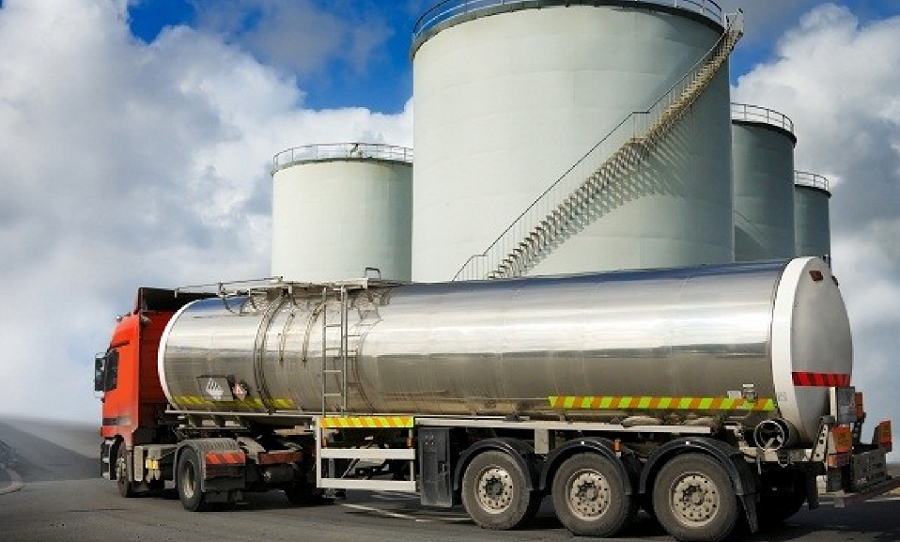According to analysts at S&P Global Commodity Insights, Nigeria has recently claimed the title of Africa’s largest importer of refined petrol, a shift attributed to the increasing shipment of petrol from Europe to Africa.
The surge in crude oil shipments from the Middle East to Europe, spurred by the E.U.’s ban on Russian oil since April 2023, has resulted in surplus refined petrol being redirected to Africa. Nigeria stands out as the primary destination for these shipments.
However, the report warns that Nigeria’s reliance on European petrol imports may be short-lived due to the impending full production from the 650,000-barrel Dangote refinery. Once operational, the refinery is expected to reduce Nigeria’s import demand and increase European supplies.
The report highlights the need for European petrol exporters to seek alternative destinations or adjust supply levels in response to Nigeria’s changing import landscape.
Key Developments
In recent years, Nigeria has undertaken significant efforts to reduce its reliance on imported refined petroleum products. Initiatives include the NNPCL’s purchase of a 20% stake in the Dangote refinery and contracts to repair state-owned refineries in Delta, Rivers, and Kaduna.
Phase 1 of the Port-Harcourt refinery has been completed, with refining capacity of approximately 60,000 barrels of crude oil daily. The Delta and Kaduna refineries are also progressing towards completion.
Despite delays, the 650,000-barrel capacity Dangote refinery commenced refining crude oil in February, following its commissioning in May 2023.
In June, the federal government removed the petrol subsidy to stabilize local prices and reduce foreign exchange demand on imports, signaling a strategic shift towards self-sufficiency in petroleum refining.
Nigeria’s efforts to enhance domestic refining capacity and reduce import dependency align with broader economic goals to promote self-reliance and bolster the nation’s energy security.


